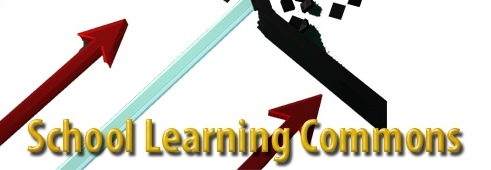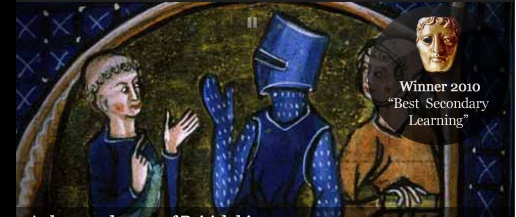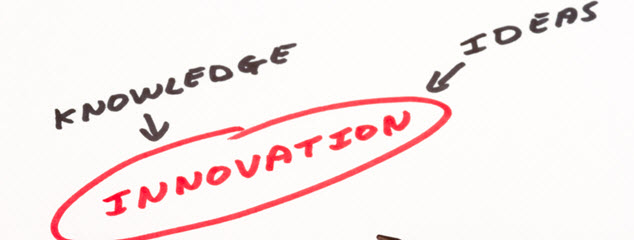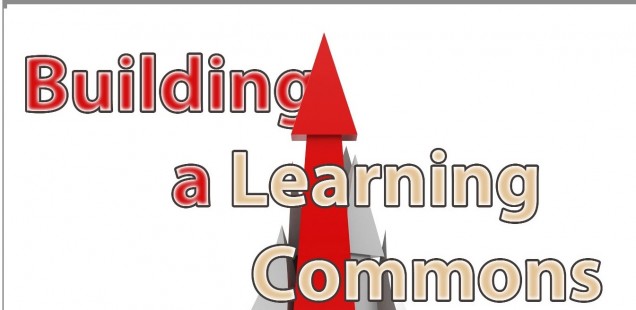
On Friday, 8 August, the School Library Association of Victoria will host a one day conference on the theme of the ‘Learning Commons’ model of school libraries – The Virtual Learning Commons: Building a Participatory School Learning Community. Great excitement surrounds this conference as key presenters will be school library professionals and champions of the Learning Commons model for school libraries, Dr David Loertscher and Carol Koechlin who are making a rare trip to Australia. During their brief visit, school library professionals will have the opportunity to attend the conference and special workshop days to develop the model more fully according to their own needs.
Dr David Loertscher, Professor at the School of Library and Information Science at San Jose State University (USA) and Carol Koechlin, staff development leader and instructor for Educational Librarianship courses for York University and University of Toronto (Canada) are synonomous with school library leadership, instruction and information literacy skills development. They are well know for publications such as Ban those Bird Units and a series of books on the Learning Commons model.
Resources to support school libraries as Learning Commons, can be seen on The School Learning Commons Knowledge Building Center website. David and Carol also discuss the concept in detail in their article Climbing to Excellence: Defining characteristics of successful learning commons.
Their publications include: The Virtual Learning Commons | The New Learning Commons: Where Learners Win | Building a Learning Commons: A Guide for School Administrators and Learning Leadership Teams but are really too numerous to list fully.
This conference will focus particularly on the Virtual Learning Commons (VLC). As schools move to 1:1 technology and easily accessible online resources, the VLC becomes a valuable tool for teachers and library staff alike in organising resources and guiding instruction. Delegates will be provided with a framework for developing an online resource to support information literacy skills instruction and guided inquiry. This really is a ‘can’t miss’ professional learning opportunity for school library professionals.
Full conference details and registration are available on the SLAV website.





